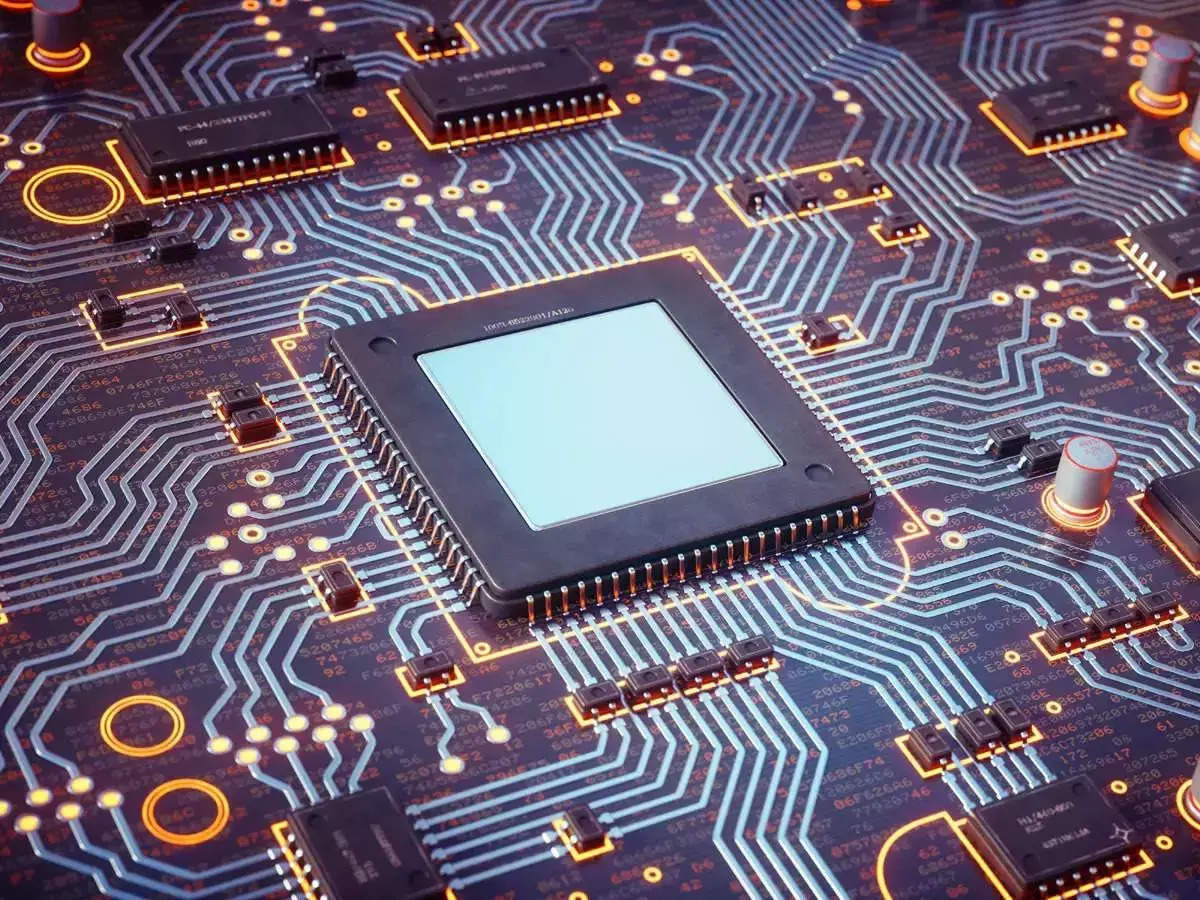Kikuyo: TSMCIs new chip plant In Japan will promote resilience Of global supply Regarding the important hardware, Morris Chang, founder of the Taiwanese giant, said at an opening ceremony on Saturday.
“I am confident that the factory on the southern Japanese island of Kyushu will improve the resiliency of chip supply for Japan and the world,” the 92-year-old said in a rare public appearance.
“I believe this will also start a renaissance of semiconductor manufacturing in Japan,” Chang said at the plant.
Taiwan Semiconductor Manufacturing Co., which counts Apple and Nvidia as customers, produces half the world’s chips, used in everything from smartphones to satellites and, increasingly, to power AI technology.
But TSMC customers, as well as governments concerned about the supply of chips vital to their economies and defense, want the company to make more chips away from the self-ruled island.
China’s growing assertiveness towards Taiwan – which it claims as its territory and does not rule out annexing by force – has raised concerns about the world’s dependence on the island for chip production and where TSMC That makes them motivated to diversify there.
The new plant in Japan is “the most significant TSMC international investment to open in many years,” said Chris Miller, author of “Chip War: The Fight for the World’s Most Critical Technology.”
“It will also strengthen political ties between Taiwan and Japan at a time when Taiwan wants to ensure it has powerful friends that can help it stand up to Chinese pressure,” Miller told AFP.
state sweetness
TSMC’s new facility is also a coup for Japan as it competes with the United States and Europe to lure semiconductor companies with heavy subsidies.
Prime Minister Fumio Kishida told guests at the opening ceremony that Japan “is now being established as an important base in TSMC’s world strategy.”
Companies like Toshiba and NEC helped Japan dominate in microchips in the 1980s, but competition from South Korea and Taiwan caused its global market share to decline from more than 50 percent to about 10 percent.
Now Japan is providing up to four trillion yen ($26.7 billion) in state sweeteners to help triple sales of domestically produced chips to more than 15 trillion yen by 2030.
The new TSMC plant in the city of Kikuyu, for which the government has pledged more than 40 percent of the costs – Sony and Denso are also involved – is the first.
With “strong” Japanese government support, TSMC this month announced a second facility to make more advanced chips, and is reportedly eyeing a third and even a fourth.
Others receiving state funds include Kioxia, Micron and Rapidus, an ambitious joint venture involving IBM and Japanese companies for cutting-edge two-nanometer logic chips.
“I am confident that the factory on the southern Japanese island of Kyushu will improve the resiliency of chip supply for Japan and the world,” the 92-year-old said in a rare public appearance.
“I believe this will also start a renaissance of semiconductor manufacturing in Japan,” Chang said at the plant.
Taiwan Semiconductor Manufacturing Co., which counts Apple and Nvidia as customers, produces half the world’s chips, used in everything from smartphones to satellites and, increasingly, to power AI technology.
But TSMC customers, as well as governments concerned about the supply of chips vital to their economies and defense, want the company to make more chips away from the self-ruled island.
China’s growing assertiveness towards Taiwan – which it claims as its territory and does not rule out annexing by force – has raised concerns about the world’s dependence on the island for chip production and where TSMC That makes them motivated to diversify there.
The new plant in Japan is “the most significant TSMC international investment to open in many years,” said Chris Miller, author of “Chip War: The Fight for the World’s Most Critical Technology.”
“It will also strengthen political ties between Taiwan and Japan at a time when Taiwan wants to ensure it has powerful friends that can help it stand up to Chinese pressure,” Miller told AFP.
state sweetness
TSMC’s new facility is also a coup for Japan as it competes with the United States and Europe to lure semiconductor companies with heavy subsidies.
Prime Minister Fumio Kishida told guests at the opening ceremony that Japan “is now being established as an important base in TSMC’s world strategy.”
Companies like Toshiba and NEC helped Japan dominate in microchips in the 1980s, but competition from South Korea and Taiwan caused its global market share to decline from more than 50 percent to about 10 percent.
Now Japan is providing up to four trillion yen ($26.7 billion) in state sweeteners to help triple sales of domestically produced chips to more than 15 trillion yen by 2030.
The new TSMC plant in the city of Kikuyu, for which the government has pledged more than 40 percent of the costs – Sony and Denso are also involved – is the first.
With “strong” Japanese government support, TSMC this month announced a second facility to make more advanced chips, and is reportedly eyeing a third and even a fourth.
Others receiving state funds include Kioxia, Micron and Rapidus, an ambitious joint venture involving IBM and Japanese companies for cutting-edge two-nanometer logic chips.






